4.7 — Preference Falsification
ECON 316 • Game Theory • Fall 2021
Ryan Safner
Assistant Professor of Economics
safner@hood.edu
ryansafner/gameF21
gameF21.classes.ryansafner.com
Preference Falsification
Preference Falsification

Timur Kuran
1954-
"Imagine that a person in a position to alter your career invites you to a party at his home. When you arrive at the party, the talk of the moment seems to be about the living room's pale neutral colors, the latest trend in interior decoration. The look does not appeal to you, but you would rather not say so, lest your host be hurt. Feeling pressured to say something, you compliment his 'sophisticated taste'...
"Your evening contained [an instance] of preference falsification, the act of misrepresenting one's genuine wants under perceived social pressures...[Y]ou conveyed impressions at odds with your private thoughts and desires, at least partly to avoid disapproval." (pp.3-4).
Kuran, Timur, 1995, Private Truths and Public Lies: The Social Consequences of Preference Falsification
Preference Falsification

Preference falsification: misrepresenting your actual preferences as something different in public
Not merely lying; specifically trying to manipulate other people's perceptions of your preferences
Not merely self-censorship; not only hiding your true opinion, but also deliberately projecting a fake opinion
Preference Falsification

Timur Kuran
1954-
"A phrase that captures the meaning of preference falsification exactly is 'living a lie.' It was developed by East European dissidents during their long winter of communist dictatorship...To live a lie is to be burdened by one's lie. The source of the burden could be the guilt one suffers for having avoided social responsibility, or the anger one experiences for having failed to live up to one's personal standards, or the resentment one feels for having been induced to suppress one's individuality," (pp.4-5).
"[A]nother [distinguishing feature] is that it is a response to real or imagined social pressures to convey a particular preference," (p.5).
Kuran, Timur, 1995, Private Truths and Public Lies: The Social Consequences of Preference Falsification
Preference Falsification

Some unintended consequences of preference falsification:
deprives others of your personal knowledge
generates inefficiencies
breeds ignorance and confusion
conceals social possibilities
Preference Falsification: An Extreme Case
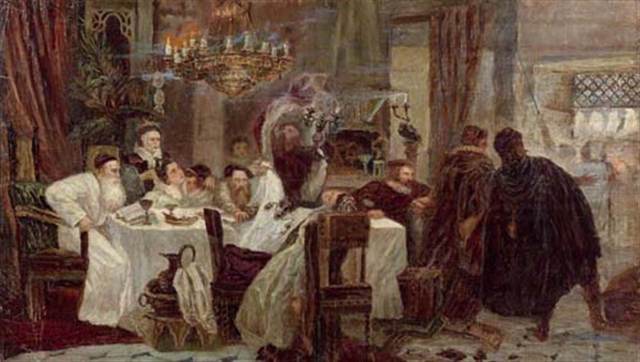
Marranos: Secret Seder in Spain during the times of inquisition, (1892) by Moshe Maimon
Dual Effects of Preference Falsification

- Two categories of effects:
Expressed preferences have social consequences (i.e. inducing conformity)
Social climate created by false preferences may change the true preferences people try to hide
- ex: eventual disappearance of a religion practiced only in secret
- Simultaneous causality
Individual Choices and Preference Falsification

Private preference: what a person would believe or express in the absence of of social pressure
Public preference: beliefs or expressions a person will convey to others
Preference falsification = having a public preference different from your private preference
Personal vs. Collective Choice

In any society, some things may be left to individual choices, and some things are collective choices
Example: in the U.S., most what you can buy is your personal choice, but society has "collectively chosen" that you may not buy marijuana, kidneys, etc.
Meta-Preferences

Meta-preferences or values: a person's preference about what other people's preferences should be
Our "meddlesomeness", or nosiness: how much we want to regulate the lives and decisions of others
Viewing others' "improper" behavior as a negative externality
Choosing a Public Preference
Individual Choices

Timur Kuran
1954-
"How will the individual choose what preference to convey? Three distinct considerations may enter his calculations: the satisfaction he is likely to obtain from society's decision, the rewards and punishments associated with his chosen preference, and finally, the benefits he derives from truthful self-expression." (p.16).
Kuran, Timur, 1995, Private Truths and Public Lies: The Social Consequences of Preference Falsification
Three Sources of Utility

For a collective decision, each person chooses their public preferences by:
"Intrinsic utility": a person's private preference, choice based on how the collective decision will affect the person
"Reputational utility": utility gained from professing a particular public preference
"Expressive utility": (dis)utility of publicly professing (something other than) their private preferences
Reputational Utility

Timur Kuran
1954-
"The reason our individual might opt for preference falsification is that his public preferences influence how he is valued and treated...Insofar as he deviates from society's dominant goals, he will lose status and suffer rejection...Through participation in the social system, he gains access to goods and services he could not possibly acquire on his own," (pp.26-27).
"The distinction between in-trinsic and reputational utility is crucial to what follows. Intrinsic utility flows from substantive outcomes, reputational utility from reactions to one's public preferences," (p.29).
Kuran, Timur, 1995, Private Truths and Public Lies: The Social Consequences of Preference Falsification
Spatial Models
Consider the spatial model of collective decision-making
A single issue, with options as a spectrum from 0 to 100
Individual has "single-peaked preferences" along a spectrum of options
Let x= option where intrinsic utility is maximized
Let y= option where reputational utility is maximized
If x≠y, preference falsification
Spatial Models: Intrinsic Utility
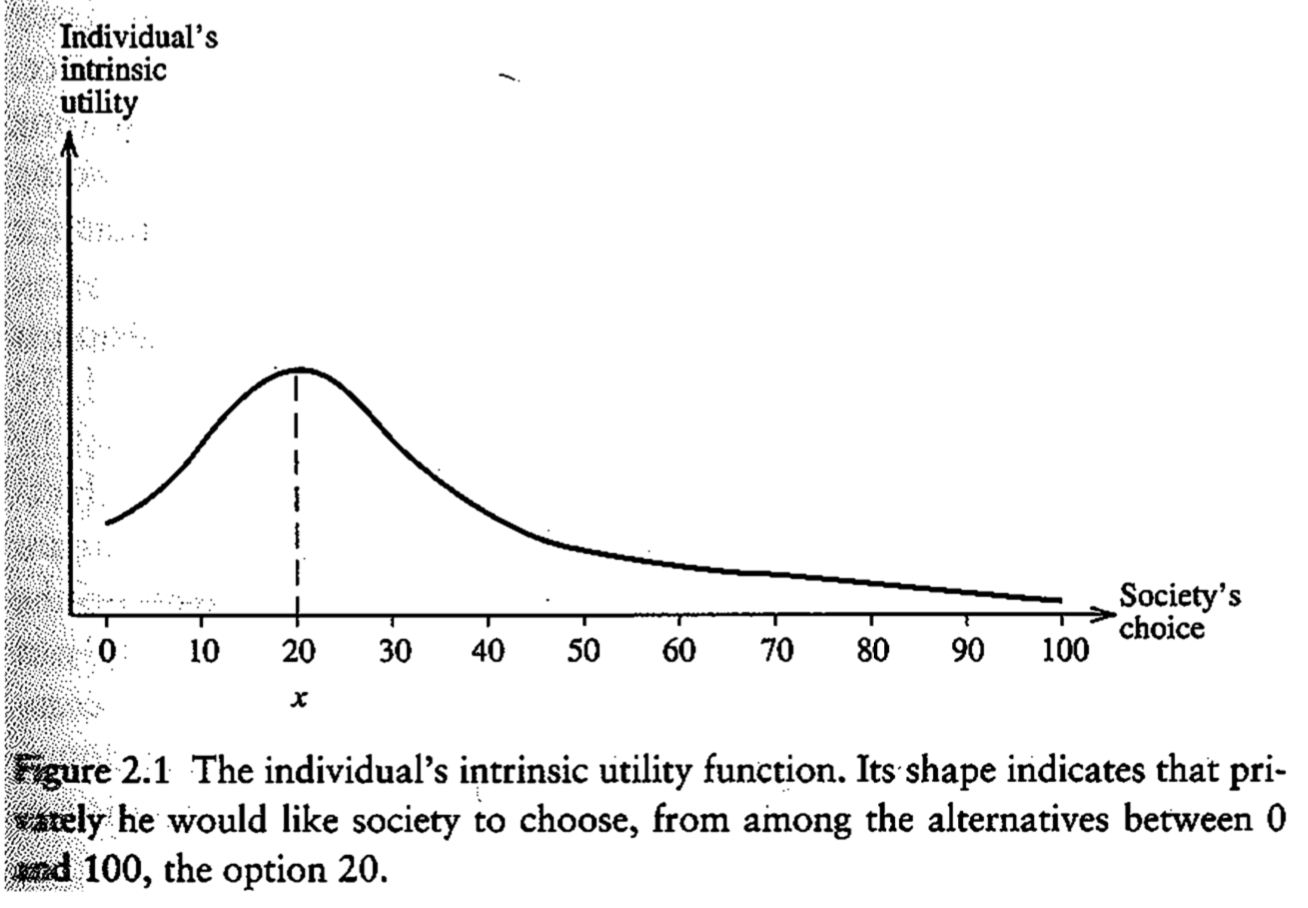
Expressive Utility

Timur Kuran
1954-
"Our choices must be satisfying a need other than social approval and respect. This other need, I submit, is a need for individuality, autonomy, dignity, and integrity. I am proposing that we value the freedom to choose; that we derive self-esteem from resisting social pressures...that we find satisfaction in speaking our minds, opening up our hearts, acting ourselves. Conversely, when we opt to suppress a thought, misrepresent a want, or assume a phony demeanor, we feel discomfort at having compromised our personhood," (p.31).
Kuran, Timur, 1995, Private Truths and Public Lies: The Social Consequences of Preference Falsification
Expressive Utility

Timur Kuran
1954-
"The individual cultivates his individuality maximally by supporting publicly whatever option between 0 and 100 he likes best in private. I will call the ensuing satisfaction his expressive utility. In terms of the notation introduced above, the maximization of expressive utility entails setting y equal to x," (p.31).
Kuran, Timur, 1995, Private Truths and Public Lies: The Social Consequences of Preference Falsification
Choosing a Public Preference
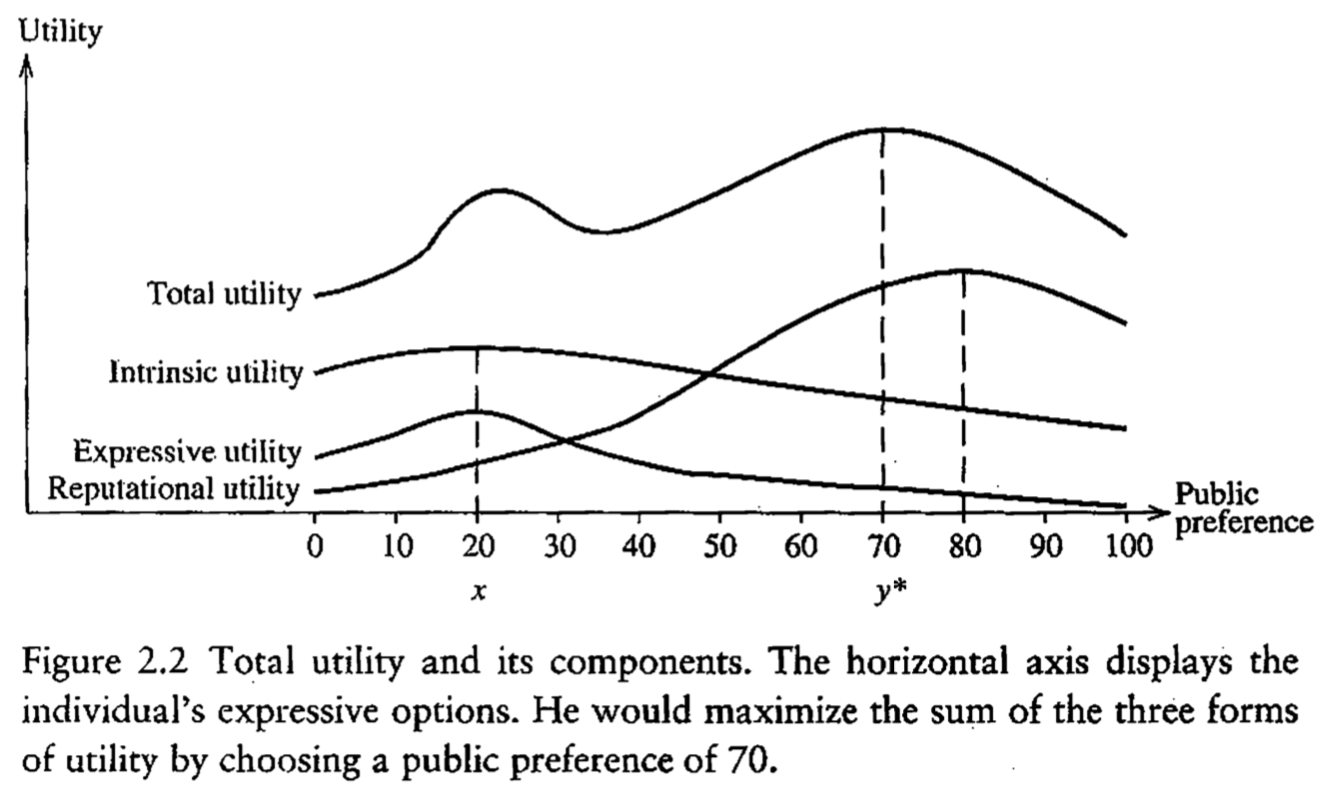
Choosing a Public Preference
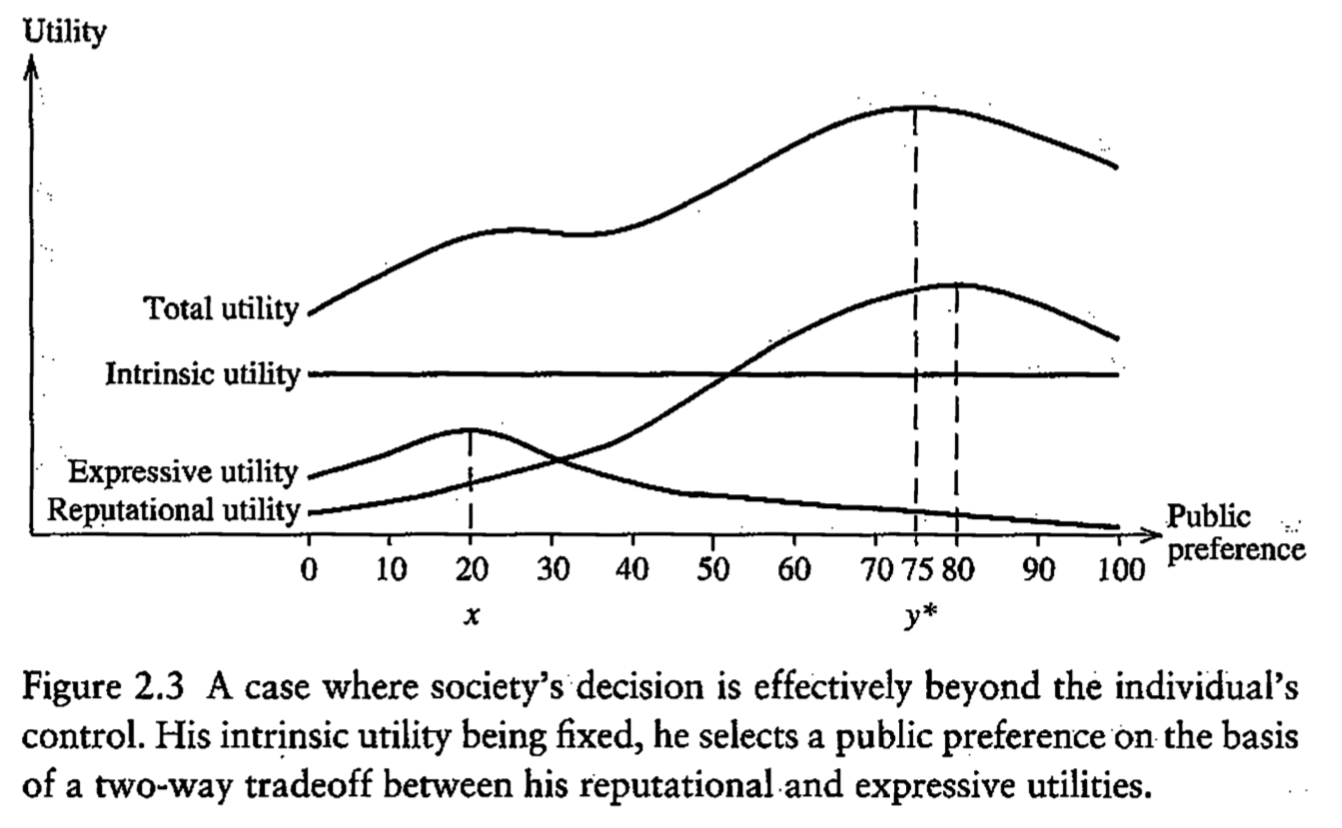
Social Desirability Bias
Social Desirability Bias
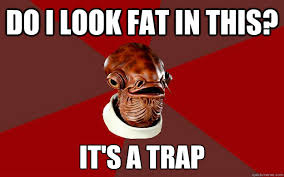
Choosing public preference often affected by Social desirability bias
People say and do things they don't believe because its what think others want to hear
- Saying something because "it sounds good"
Social Desirability Bias

- Examples from Wikipedia
- Personal income and earnings, often inflated when low and deflated when high
- Feelings of low self-worth and/or powerlessness, often denied
- Patriotism, either inflated or, if denied, done so with a fear of other party’s judgement
- Bigotry and intolerance, often denied, even if it exists within the responder
- Intellectual achievements, often inflated
- Indicators of charity or "benevolence", often inflated
Social Desirability Bias and Economics

Economists and your economics courses force you to fight a lot of social desirability bias:
"We should protect American workers from foreign competition"
- "We should only buy American"
- "We should save the [declining X] industry"
- "We should raise minimum wages"
- "We should put people ahead of profits"
- "We should tax the rich more"
- "Corporations are making too much profits"
- "We should spend more on healthcare"
- Not saying there are no good arguments for these, but most people agree with them only because they sound good
Social Desirability Bias
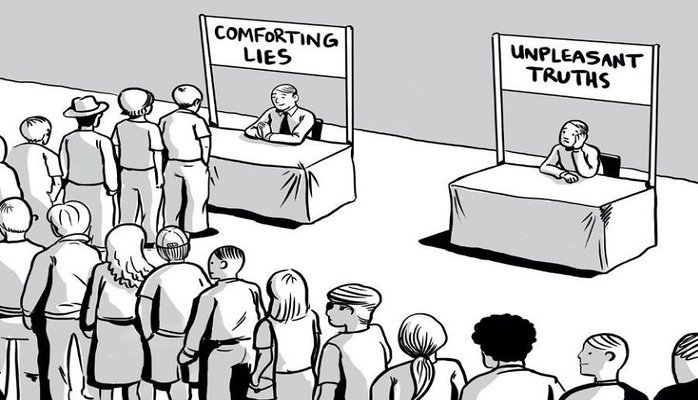
Social Desirability Bias

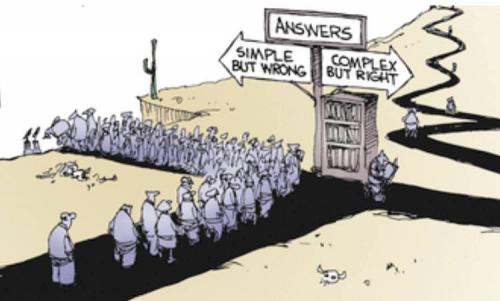
Social Desirability Bias

- Social desirability bias may be connected with Framing effects:
"Given humanity's great tradition of exploration, do you favor continued funding for space flight?"
vs.
"In order to cut government waste and refocus our national priorities, should we fund things more important than space flight?"
The Bradley Effect
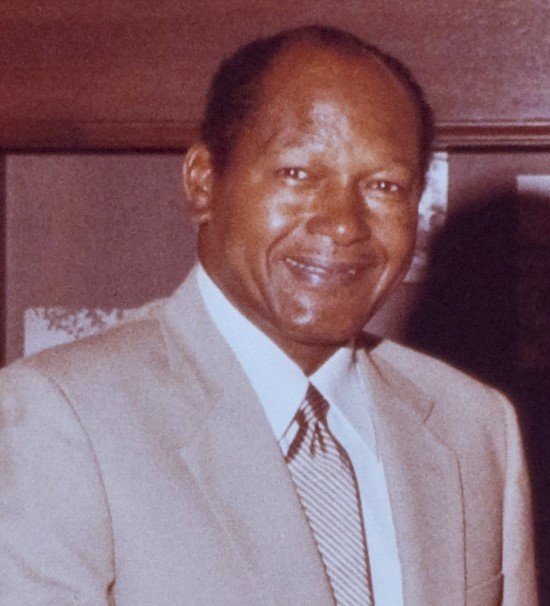
L.A. Mayor Tom Bradley
Black L.A. Mayor Tom Bradley ran for California Governor in 1982 as the Democratic Candidate against white Republican George Deukmejian
Most polls right up until the election night predicted Tom Bradley would win by a wide margin
- Even in exit polls, most people said they voted for Bradley, enough to project him the winner
Bradley lost the race
The Bradley Effect

L.A. Mayor Tom Bradley
L.A. Mayor Tom Bradley
Some academics coined the "Bradley Effect" where most voters report that they would vote for a particular (non-white) candidate, but actually vote for the white candidate
Social desirability bias: voters who are going to vote for the white candidate tell others they are is voting for a non-white candidate
- "it sounds better"
Hence, inaccurate polling and predictions
Other Surprises at the Polls
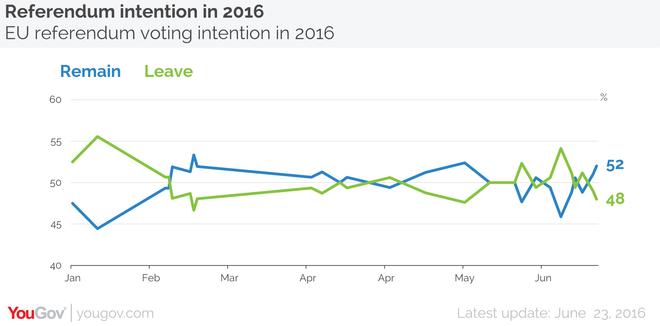
Other Surprises at the Polls

Other Surprises at the Polls
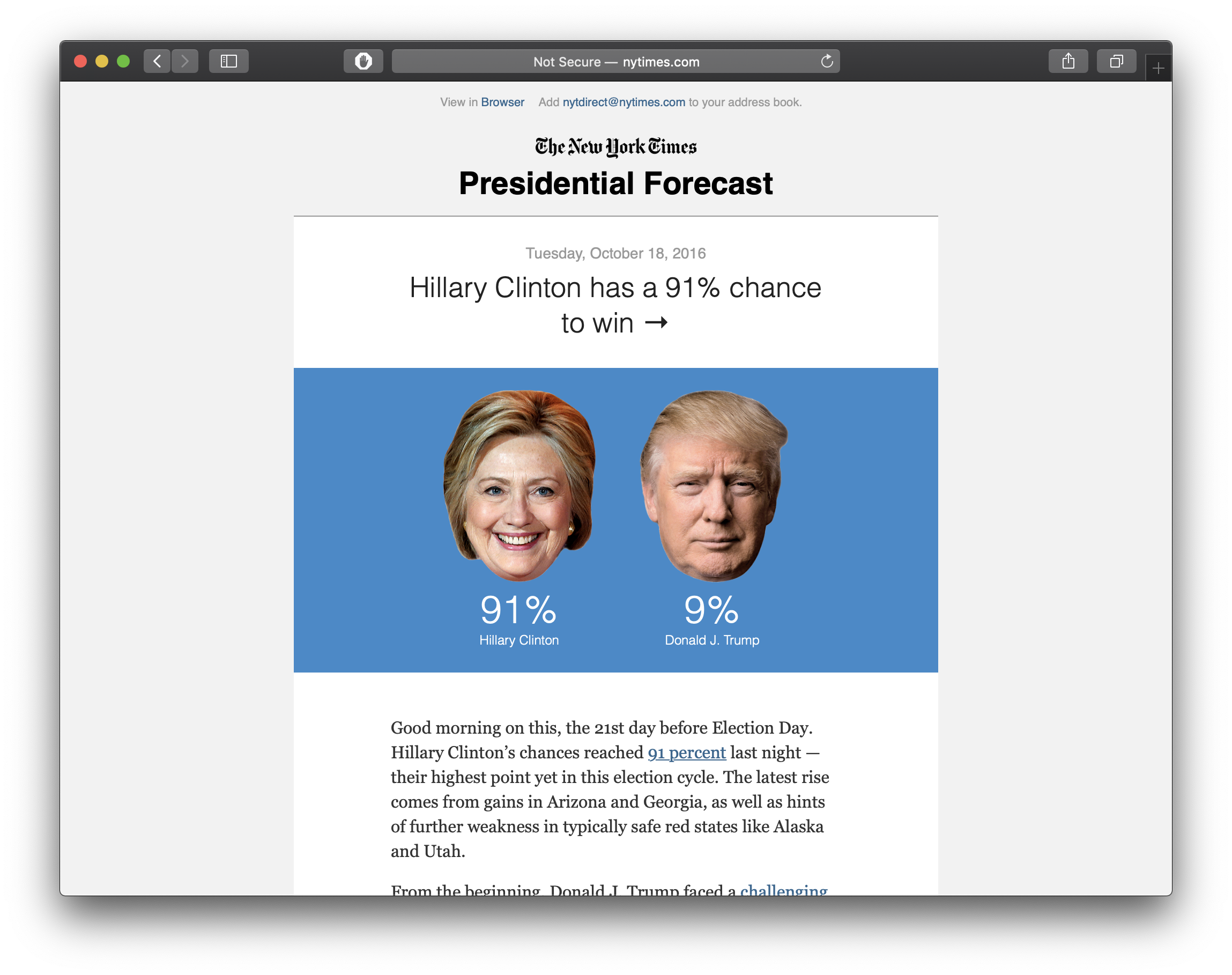
Other Surprises at the Polls
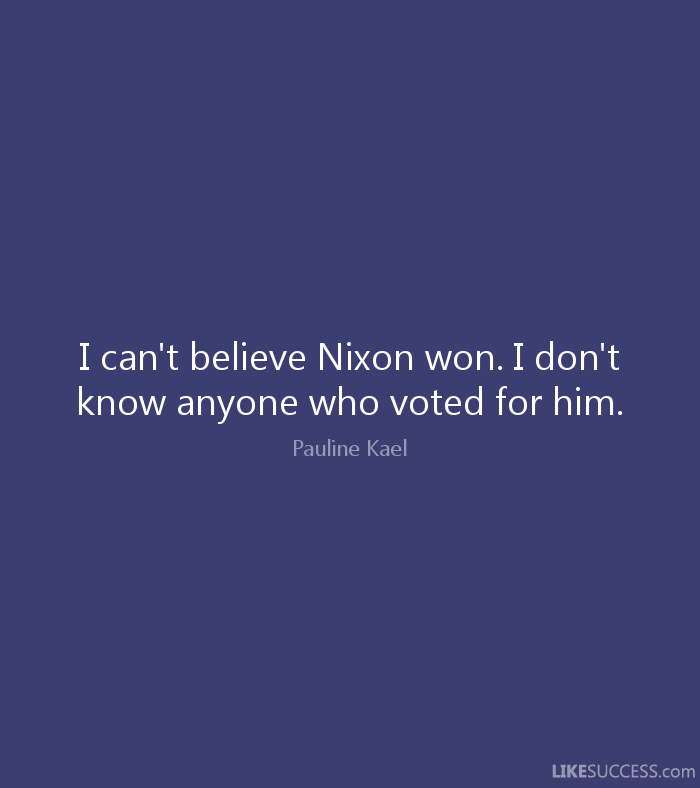
Social Consequences of Preference Falsification
Public Opinion

Political threshold: occasion where an individual switches their public preference to a different one based on social pressures
Public opinion: the distribution of public preferences across individuals
- Determines the rewards and punishments that individuals receive from their public preferences
- Special interest groups aim to influence this!
Public Opinion vs. Private Opinion

- Private opinion: the distribution of private preferences across individuals
- This distribution is hidden!
Public Opinion

Timur Kuran
1954-
"Under common circumstances, the transformations of public opinion will eventually produce an equilibrium. That is, public opinion will become self-reproducing," (p.18).
"At any given equilibrium, public opinion may differ from private opinion. In fact, the equilibrium may owe its existence and stability largely to preference falsification on the part of people unsympathetic to the policies it makes possible. Such disgruntled people, even if they form a huge majority, will refrain from dissenting because of social pressures-pressures that they themselves sustain through acts of preference falsification. One socially significant consequence of preference falsification is thus widespread public support for policies that would be rejected in a vote taken by secret ballot," (p.18).
Kuran, Timur, 1995, Private Truths and Public Lies: The Social Consequences of Preference Falsification
Public Opinion

Timur Kuran
1954-
"A related consequence is the retention of such policies, to the exclusion of alternative policies capable of commanding stable support..which I call collective conservatism.," (p.18).
Kuran, Timur, 1995, Private Truths and Public Lies: The Social Consequences of Preference Falsification
Public Opinion Shapes Private Preferences

Timur Kuran
1954-
"[O]ur private preferences on political issues rest at least partly on beliefs shaped by public discourse, which consists of the suppositions, facts, arguments, and theories that are communicated publicly...However much we might want to scrutinize every issue on our own, we all rely heavily on public discourse...for the private knowledge that will undergird our private preferences. (pp.18-19).
Kuran, Timur, 1995, Private Truths and Public Lies: The Social Consequences of Preference Falsification
Public Opinion Shapes Private Preferences

Timur Kuran
1954-
"Preference falsification influences public discourse. This is because to conceal our private preferences successfully we must hide the knowledge on which they rest. That is, we must reinforce our prefhence falsification through knowledge falsification. In so doing, we distort, corrupt, and impoverish the knowledge in the public domain. We corl.ceal from others facts we know to be true and expose them to ones we consider false," (p.19).
Kuran, Timur, 1995, Private Truths and Public Lies: The Social Consequences of Preference Falsification
Fake News
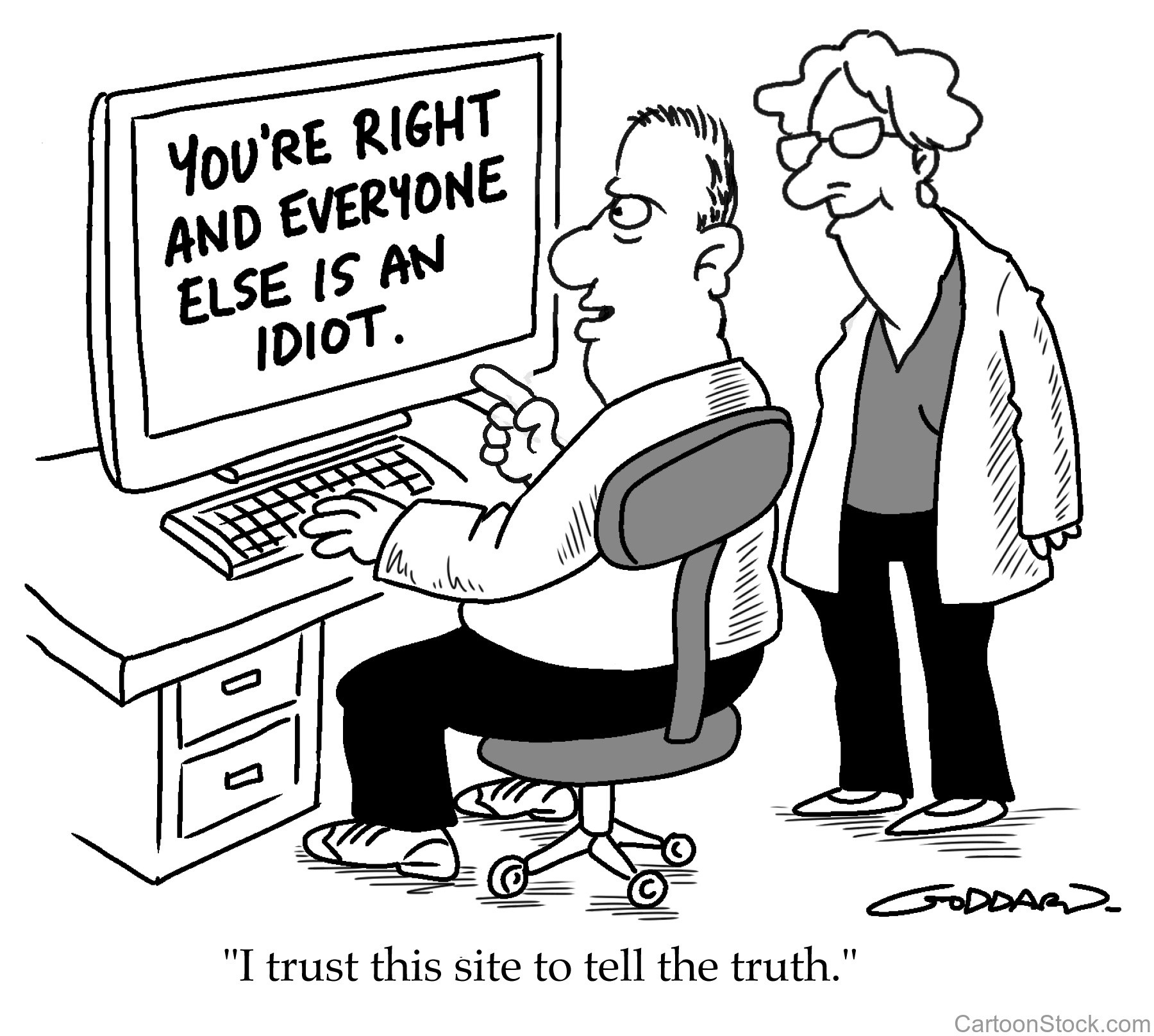
Preference Falsification Hurts Society

Timur Kuran
1954-
"[A]nother possible consequence of preference falsification [is] widespread ignorance of the status quo's disadvantages...Insofar as public discourse excludes criticism of fashionable political choices...their shortcomings will tend to get forgotten. And in the process members of society will lose their capacity to want change. The status quo, once sustained because people were afraid to challenge it, will thus come to persist because no one understands its flaws or can imagine a better alternative. Preference falsification will have brought intellectual narrowness and ossification. When that point is reached, current preference falsification ceases to be a source of political stability. From then on, people support the status quo genuinely, because past preference falsification has removed their inclination to want something different," (p.19).
Kuran, Timur, 1995, Private Truths and Public Lies: The Social Consequences of Preference Falsification
Preference Falsification Hurts Society

Timur Kuran
1954-
"The disappearance of public dissent can make people increasingly ignorant about flaws of the status quo, and in turn, their ignorance can make them progressively less prepared to dissent," (p.20).
Kuran, Timur, 1995, Private Truths and Public Lies: The Social Consequences of Preference Falsification
Sparks & Prairie Fires: Unanticipated Revolutions
Everyone Loves the Dictator!

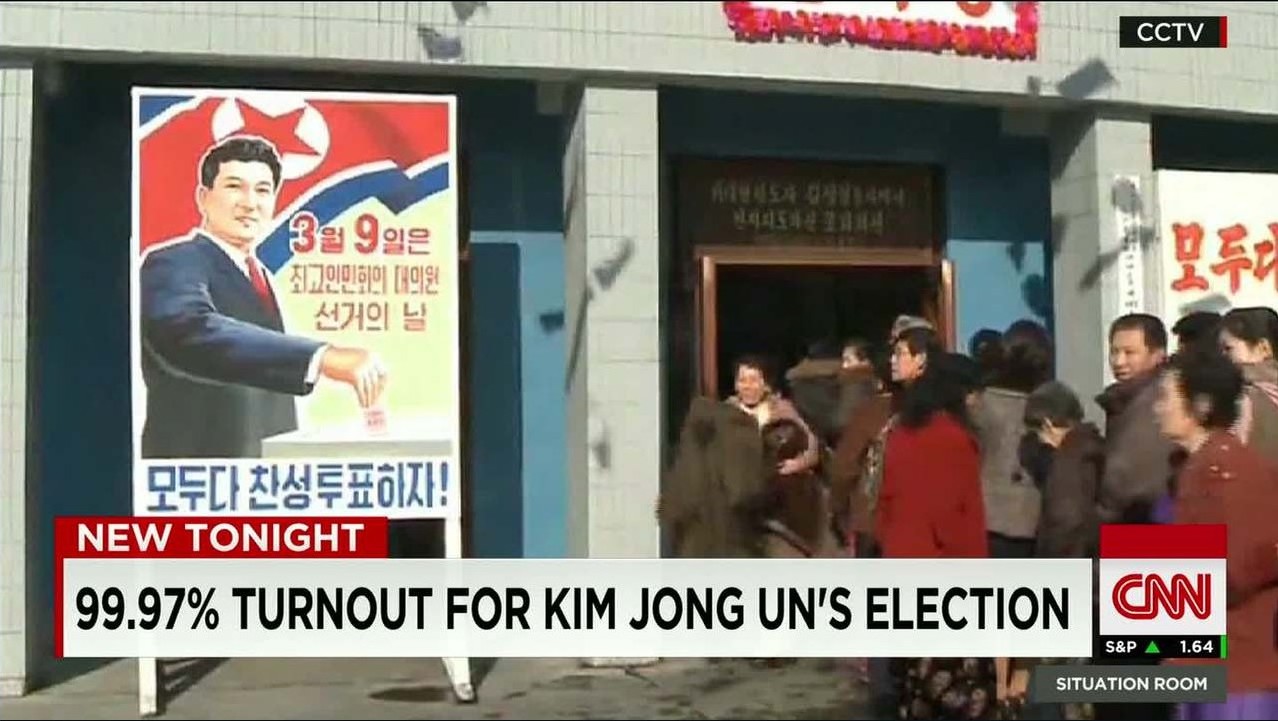
Everyone Loves the Dictator!

Revolution and regime change is a collective action problem, essentially a public good
Public dissent is very costly to an individual
- Retribution, forced disappearances, torture, death
Benefits of new regime are widely dispersed
Free rider problem to protest the regime
Sparks & Prairie Fires: Unanticipated Revolutions

Timur Kuran
1954-
"In the presence of preference falsification, private opposition may spread and intensify indefinitely without any apparent change in support for the status quo. Yet at some point the right event, even an intrinsically minor one, can make a few sufficiently disgruntled individuals reach their thresholds for speaking out against the status quo. Their switches can then impel others to add their own voices to the opposition. Public opposition can grow through a bandwagon process, with each addition generating further additions until much of society stands publicly opposed to the status quo," (p.20).
Sparks & Prairie Fires: Unanticipated Revolutions

All it takes is a single spark to create a prairie fire
Key event that many witness, causes them to realize everyone else actually hates the regime
An information cascade, many people simultaneously reach their political thresholds rapidly change their public preferences
Sparks & Prairie Fires: Unanticipated Revolutions
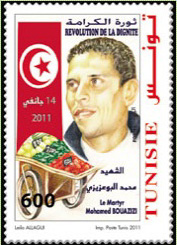

Sparks & Prairie Fires: Unanticipated Revolutions

Sparks & Prairie Fires: Unanticipated Revolutions
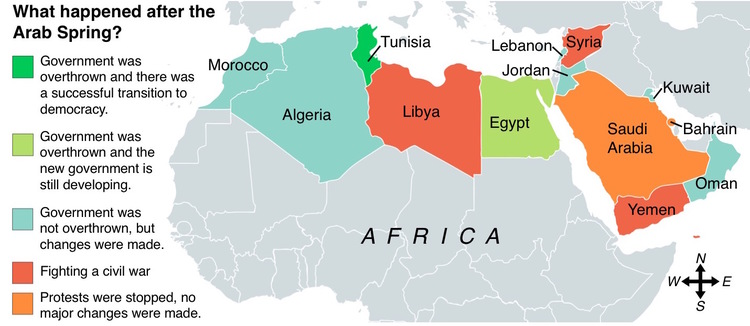
Sparks & Prairie Fires: Unanticipated Revolutions

Timur Kuran
1954-
"The revolution will not have been anticipated, because preference falsification concealed the opposition developing under the surface. Even so, it will be easy to explain with the benefit of hindsight. One reason is that the very occurrence of the revolution lowers the personal risk of exposing the vulnerability of the prerevolutionary social order," (p.20)
Kuran, Timur, 1995, Private Truths and Public Lies: The Social Consequences of Preference Falsification
Sparks & Prairie Fires: Unanticipated Revolutions

Timur Kuran
1954-
"The possibility of unanticipated revolution rests critically on two factors: the imperfect observability of the criteria on which individuals base their public preferences and the interdependence of those public preferences. allow small, unobserved changes in private variables to galvanize explosive changes in public opinion. By the same token, they allow private variables to undergo major changes without triggering changes in public opinion. That is, they make it possible for profound transformations to occur, and much tension to build up, in a society that appears asleep. Deceptive stability and explosive change are thus two sides of a single coin," (pp.20-21)
Kuran, Timur, 1995, Private Truths and Public Lies: The Social Consequences of Preference Falsification
Virtue-Signaling
Virtue-Signaling
- Virtue signaling: publicly expressing opinions or sentiments intended to demonstrate one's good character/moral correctness
- Specifically to one's in-group
- Often by denigrating the out-group
“Me against my brother, my brothers and me against my cousins, then my cousins and me against strangers.” - Bedouin proverb*
- One of the greatest reads on this: Slate Star Codex: I Can Tolerate Anything but the Outgroup
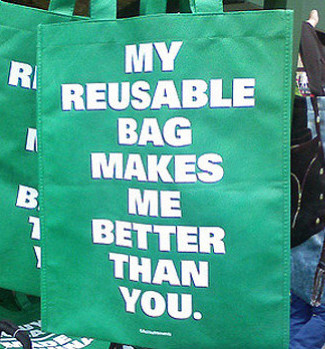
In-Group Bias & Tribalism
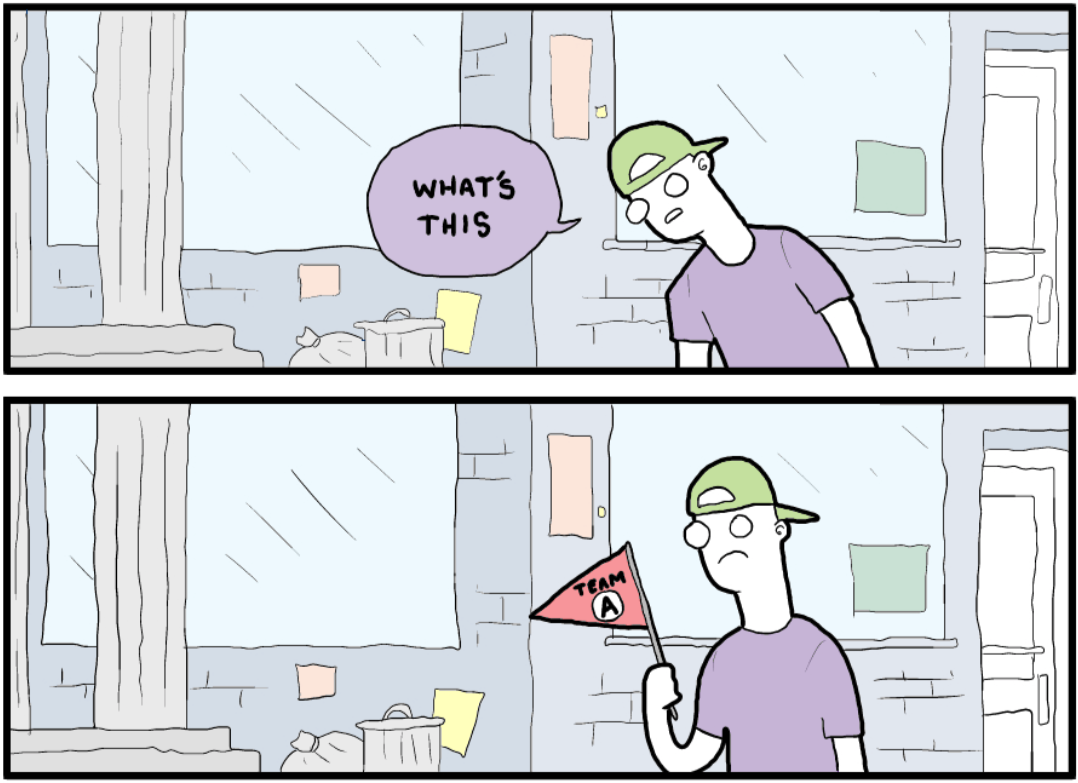
In-Group Bias & Tribalism
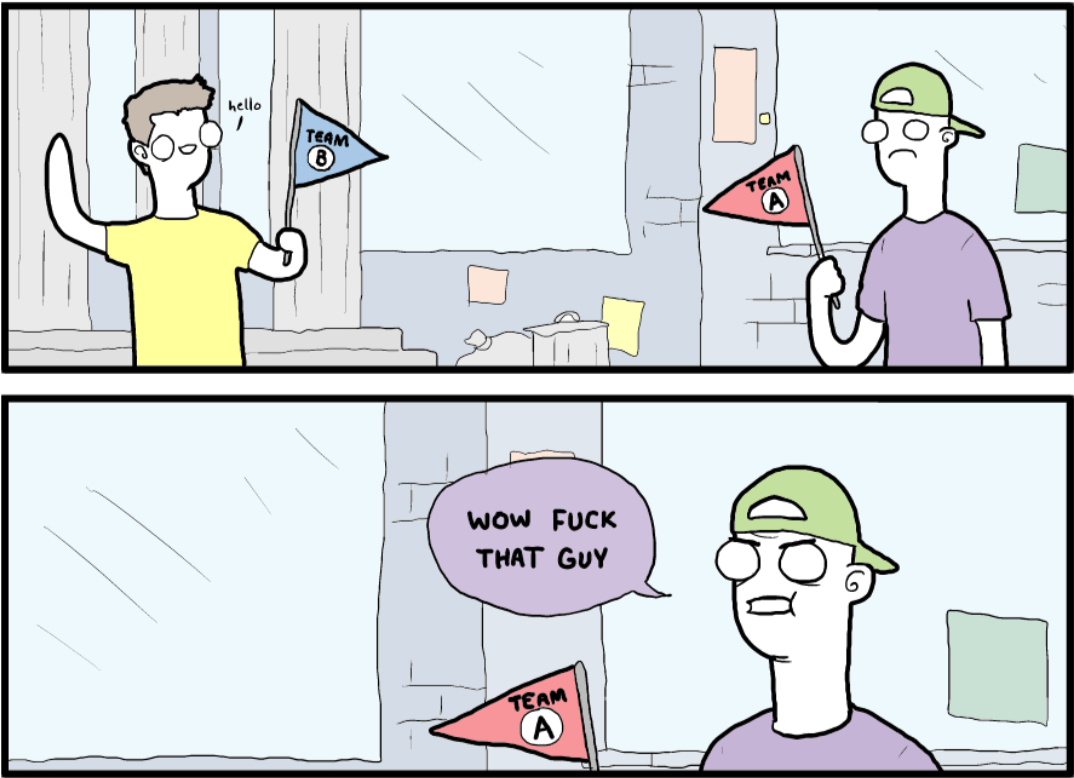
Polarizing Around Issues

Decades ago, many internal divisions within both the Republicans and Democratic parties on issues
- conservative Democrats
- liberal Republicans
Today, issues have clear Democrat-side vs. Republican-side
Politics becomes more ideological, meaning less compromise or deal-making
Results: less governing gets done, more gridlock
Polarizing Around Issues
Why Twitter is so Toxic

Brady, William J, Julian A Wills, et al., 2017, "Emotion Shapes the Diffusion of Moralized Content in Social Networks" PNAS 114(28): 7313--7318
Why Twitter is so Toxic

Brady, William J, Julian A Wills, et al., 2017, "Emotion Shapes the Diffusion of Moralized Content in Social Networks" PNAS 114(28): 7313--7318
Why Twitter is so Toxic

Brady, William J, Julian A Wills, et al., 2017, "Emotion Shapes the Diffusion of Moralized Content in Social Networks" PNAS 114(28): 7313--7318
How Much Of What Everyone Does is Just Signaling?
A mind-bending question when you really think:
How much of your (and others') actions and words are (virtue) signaling and how much is what you (they) actually think and want?
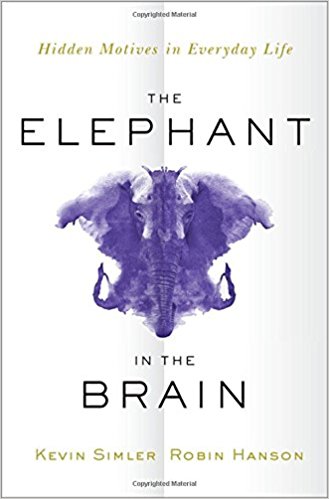
Virtue-Signaling vs. Signaling
“Virtue-signaling” is a poor name! Consider game with asymmetric information, a signal is meant to differentiate types of players from each other
- A good/effective signal should be costly (and more/less for different types)!
“Virtue-signaling” is more about demonstrating loyalty (often cheaply) by saying/doing the agreed upon things




